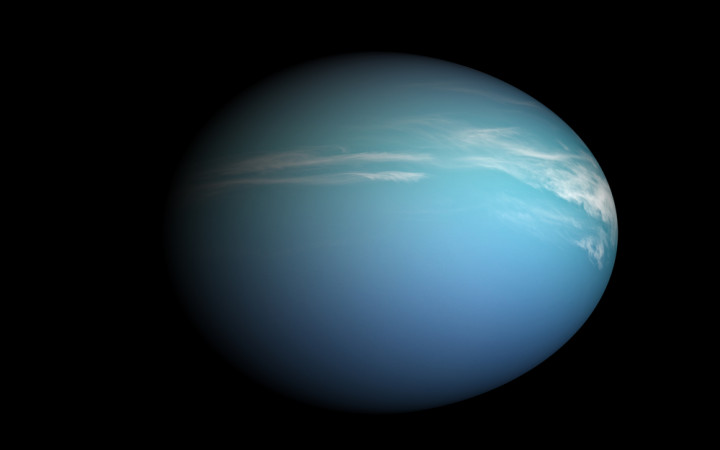Today Wonderopolis is talking about mercury. Or is it Mercury? If you know much about mercury (or Mercury!), you know that a little clarification is in order!
In ancient Roman mythology, Mercury was one of the gods. Specifically, Mercury was the Roman version of the Greek god Hermes. As the messenger of the gods, Mercury was often portrayed as a sleek figure with winged sandals.
Of course, Mercury isn't just a “who." It's also a place. Named after the ancient Roman god, Mercury is the name of the planet closest to the Sun. It's also the smallest planet. It orbits the Sun once every 88 days.
Mercury looks a lot like Earth's Moon. It has next to no atmosphere, which means it has radical swings between hot and cold temperatures every day. A single day on Mercury can see temperatures as low as -300° F and as high as 800° F!
Since Mercury is smaller than Earth, it has less gravity. If you weigh 70 pounds on Earth, you'd weigh only about 27 pounds on Mercury! Mercury is composed of mostly heavy metals, such as iron. That's only appropriate, since the planet gave rise to the name of one of the chemical elements found on Earth: mercury.
Mercury — the chemical element — is a metal with the symbol Hg. Hg stands for Hydrargyrum, which means liquid silver. The element mercury is sometimes also called quicksilver.
Mercury is one of the few elements — and the only metal — that is a liquid at regular room temperature and pressure. It can become a solid if it freezes at about -38° F. It can also become a gas if it boils at a temperature of about 674° F.
A heavy, silvery metal, mercury and its compounds are highly poisonous. Pure mercury is rarely found. Instead, most mercury is found in the form of an ore called (mercuric sulfide or HgS). To extract the mercury, is heated and then its vapor is distilled into liquid mercury.
Mercury is used in a wide variety of products today. Some of the most popular include thermometers, barometers, mercury vapor lamps, mercury switches, pesticides, batteries, pigments, and dental products.




